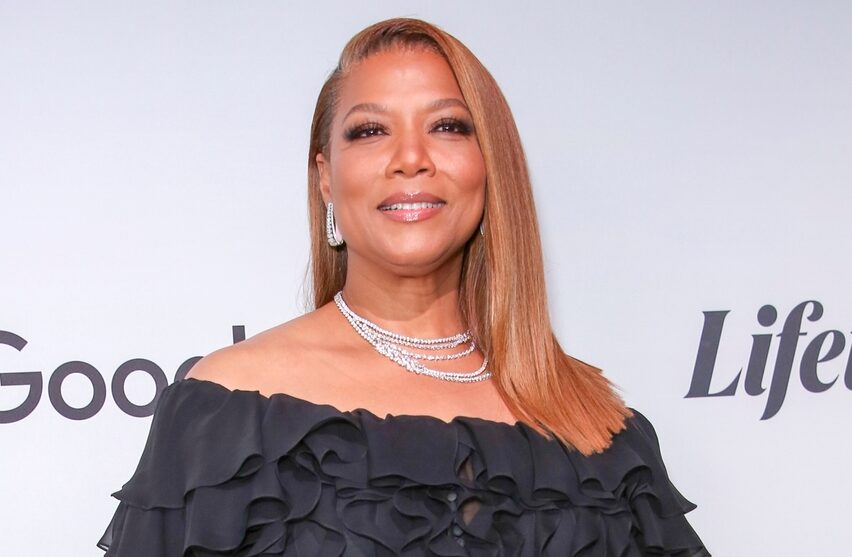In a recent post by the Associated Press in a reveal for a Harriet Tubman statue, it referred to Queen Latifah as a rapper in a tweet, and while some would say she is, in fact, a rapper, when is the last time we’ve seen her on tour and or heard her latest album?
It was a lot less recently than her latest film roll, that’s for sure. What may seem like a harmless inconsideration to some can easily be read as a deliberate act of diminishing a career that has had more hit movies than it has hit records, no offense or anything, because she was the first female rapper to be certified gold.
Now for comparison, the same Associated Press has made several tweets about Mark “Marky Mark” Wahlberg without referring to him as a rapper—and let’s face it, “Good Vibrations” was a cultural reset, cause like where would 90s teen parties and gym membership commercials be without it? But there are also two glaring differences between Queen Latifah and Mark Wahlberg—she is a Black woman and he is a white man—and not to drag him into this, but I am quite sure an article mentioning any of his current affairs would not refer to him as a rapper.
“Well, what’s wrong with calling her a rapper? I mean, she is, in fact, a rapper, right?” Right. I mean, sure. But that is not why she was probably called a rapper.
Let’s be honest; when it comes to music genres, no matter how much white people consume rap music, it is still very much considered a low-brow genre with artists who have questionable behavior. It feels like a slight that even though she has had several nominations and awards for her acting abilities, she is still being held to a standard that, for some, rap music isn’t a standard for. Prime and perfect example, when I was a child some decades ago, I remember watching either Nightline, or 20/20, or some sort of news magazine—please don’t get me to lying—and they were doing a segment on rap music, and particularly the aggressiveness in rap music. The irony is that in a mashed-up montage of angry, mean, aggressive, monster rappers GGRRRRR, there was a furled face, leather jacket-clad Latifah projecting into the camera, “WHO YOU CALLING A BITCH,” just that part though, no other part of the song, including the very next lyric, which is also the name of the song, “U.N.I.T.Y.”
I remember as a little girl, having already heard the song and being old enough to have digested whether its connotation was provocative or uplifting, I knew that it was taken out of extreme context, and I was even angered over it. The reality is that while her rap career is what catapulted her into stardom and essentially allowed her to transfer into different media, it was definitely not how white audiences interacted with her.
I don’t know specifically what was going on in the writer’s head of that AP article, but what I do know is that it is giving “you don’t even go here” undertones.
For someone who has a star on the walk of fame and not just won a Grammy but also an Emmy, Golden Globe, and several NAACP awards for acting, mentioning her as a rapper, at the very least, curtails the achievements that she has made that have been the bulk and the most standard part of her career: movies and television.
There are so but so many characters on Twitter, so clearly, it would have been difficult and a bit ridiculous to put all the things her career needs commas for in the tweet, but why use the smallest part of her career if you wanted to highlight what she is really known for?


